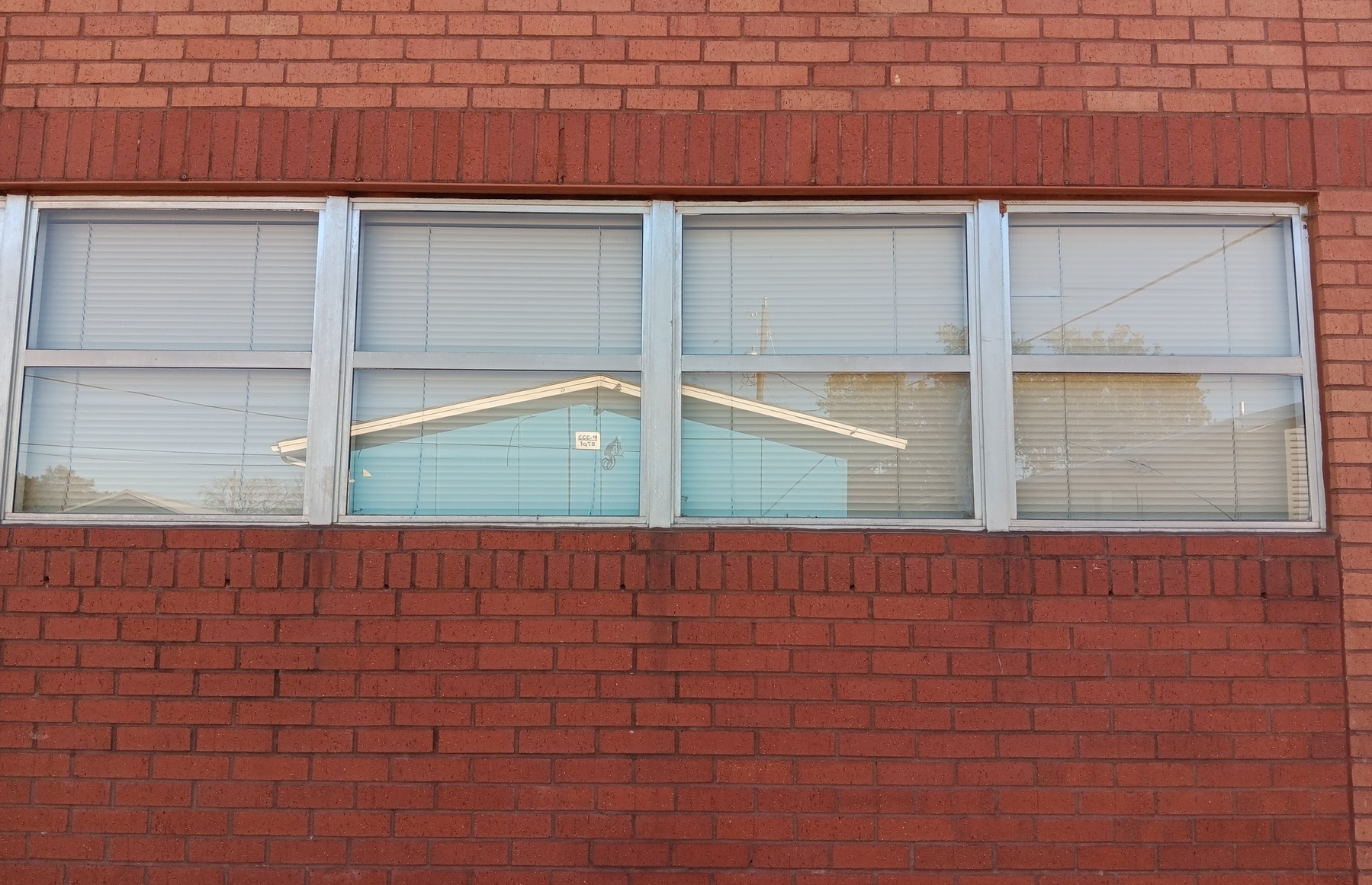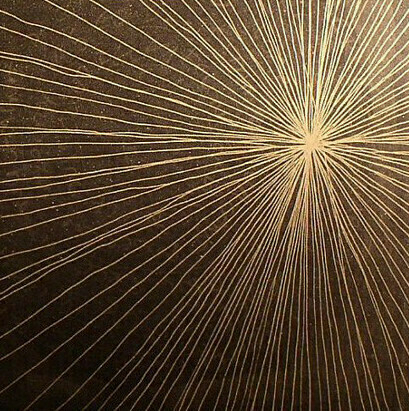For those interested: an update on where life has taken us
C. S. Lewis, in answer to a question about the divided church and the hope of reunion:
The time is always ripe for re-union. Divisions between Christians are a sin and a scandal, and Christians ought at all times to be making contributions towards re-union, if it is only by their prayers. I am only a layman and a recent Christian, and I do not know much about these things, but in all the things which I have written and thought I have always stuck to traditional, dogmatic positions. The result is that letters of agreement reach me from what are ordinarily regarded as the most different kinds of Christians; for instance, I get letters from Jesuits, monks, nuns, and also from Quakers and Welsh Dissenters, and so on. So it seems to me that the ‘extremist’ elements in every Church are nearest one another and the liberal and ‘broad-minded’ people in each Body could never be united at all. The world of dogmatic Christianity is a place in which thousands of people of quite different types keep on saying the same thing, and the world of ‘broad-mindedness’ and watered-down ‘religion’ is a world where a small number of people (all of the same type) say totally different things and change their minds every few minutes. We shall never get re-union from them.





When any man comes into the presence of God he will find, whether he wishes it or not, that all those things which seemed to make him so different from the men of other times, or even from his earlier self, have fallen off him. He is back where he always was, where every man always is. Eadem sunt omnia semper [‘Everything is always the same’]. Do not let us deceive ourselves. No possible complexity which we can give to our picture of the universe can hide us from God: there is no copse, no forest, no jungle thick enough to provide cover. We read in Revelation of Him that sat on the throne ‘from whose face the earth and heaven fled away’. It may happen to any of us at any moment. In the twinkling of an eye, in a time too small to be measured, and in any place, all that seems to divide us from God can flee away, vanish leaving us naked before Him, like the first man, like the only man, as if nothing but He and I existed. And since that contact cannot be avoided for long, and since it means either bliss or horror, the business of life is to learn to like it. That is the first and great commandment.
My first piece for Mere Orthodoxy is up today: What If There Is No Such Thing as ‘Biblical’ Productivity?
